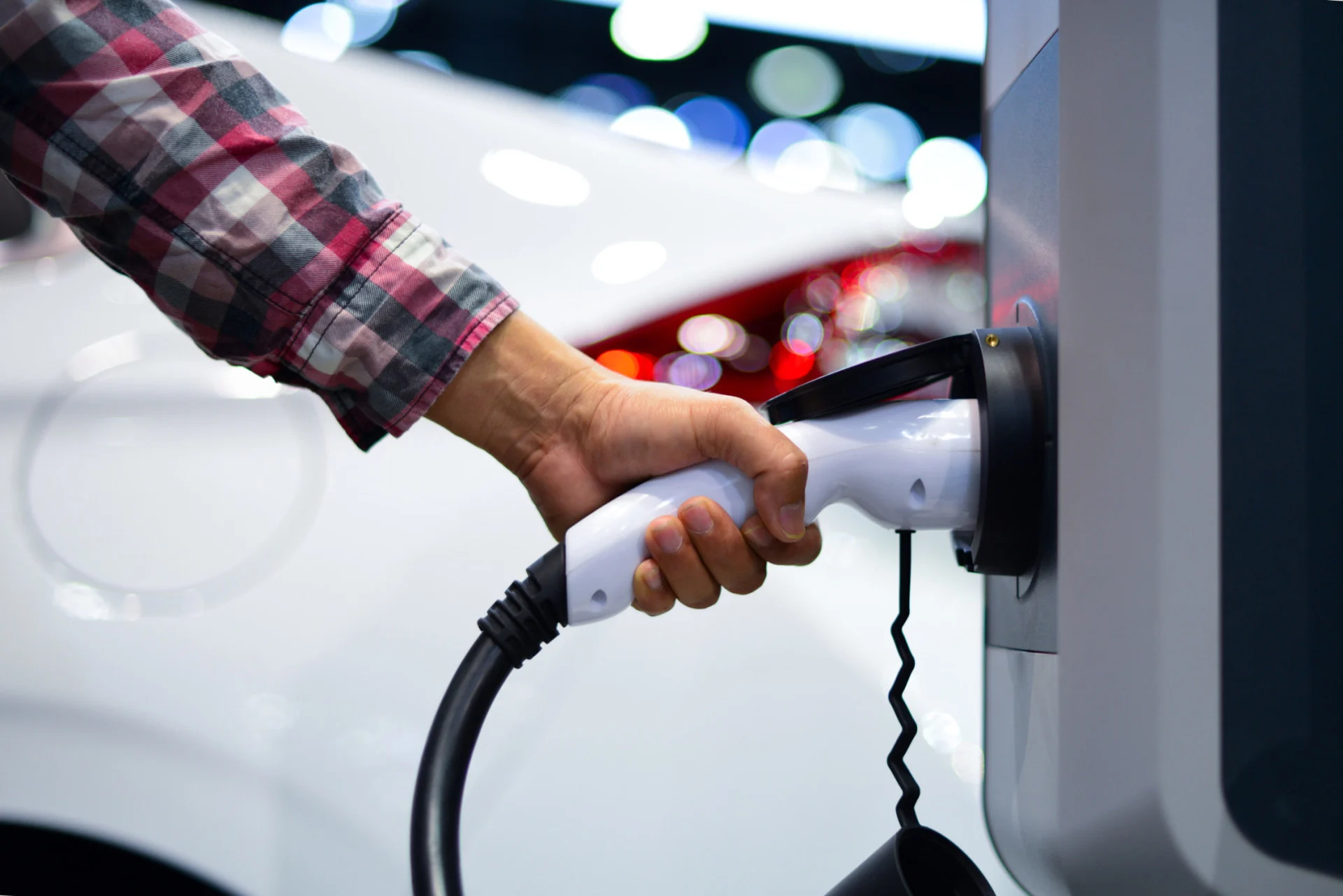
This is what Canadians are asking Google about electric vehicles
Extreme weather events in Canada, the COVID-19 pandemic, and e-commerce are all factors that are influencing Canadian interest in electric vehicles.
Transportation is one of the largest sources of air pollution in Canada, accounting for roughly 35 per cent of all national greenhouse gas emissions, with nearly half coming from passenger cars and light trucks.
Electric vehicles (EVs) are becoming more and more popular across the world and there are some particularly notable trends in Canada.
Chace Estes, Head of Industry for Auto at Google Canada, told The Weather Network that EV-related Google searches in Canada provide some interesting insights about this sustainable transition that is underway across the country. See below for some key findings and statistics about the current electric vehicle interests.
THE PANDEMIC AND EMERGING E-COMMERCE TRENDS
According to Estes, there was a steady rise in EV searches during the pandemic, a time when many Canadians did a considerable amount of shopping online, even for major purchases such as a new car. Google’s 2021 Auto Insights report revealed that EV shoppers are twice as likely to buy cars online than other car shoppers.
In fact, online vehicle sales (both EV and combustion engine) grew six times since the pandemic began. Estes said that e-commerce from an EV standpoint will become an increasingly prominent trend in the coming years.
GENERATIONAL DIFFERENCES
Environmental motivations largely dominate Canadians’ decisions to purchase a sustainable vehicle. The report stated that 82 per cent of EV shoppers are concerned with lowering carbon emissions, promoting renewable energy, and embracing future technologies.
Google search results indicated that all Canadian demographics consider purchasing EVs, but there is “a slight skew” towards Millennials and Gen Z’s that live in urban areas. These generations are particularly concerned about the climate and have lived through a number of catastrophic environmental disasters that have been linked to climate change and are looking for sustainable personal actions that reduce their carbon footprint.

Google’s 2021 Auto Insights report says Millenials and Gen Z’s in urban areas are particularly interested in electric vehicles. (PeopleImages/ E+/ Getty Images)
Millennials and Gen Z’s also are some of the biggest consumers of the Internet and are expected to research and shop for their vehicles online in the future.
In addition to the environmental benefits, Estes reported that 63 per cent of Canadians appreciate the other benefits that EVs give, such as rebates, perceived low maintenance cost, and access to preferred parking.
GEOGRAPHIC TRENDS IN CANADA
Estes further noted that there are prominent regional trends across the provinces.
“We see the most amount of search interest coming from B.C. followed by Nova Scotia then Saskatchewan, Manitoba, and Ontario. So those five provinces are seeing the most amount of search interest,” he said.
Estes explained that search interest is per capita and not an absolute number, meaning that the average resident in B.C. is more likely Googling EVs than a resident in Quebec. When asked why B.C. has the highest search interest out of all regions in Canada, Estes cited the severe weather events that have impacted residents firsthand, such as the fatal heat wave in Lytton.
“We know things like wildfires and some of the environmental concerns that are happening in B.C. might not be top of mind in Ontario,” he said.

Flames and smoke from wildfires cover the landscape in British Columbia, Canada. (James MacDonald/ Bloomberg Creative Photos/ Getty Images)
CANADIAN EV TRENDS TRAILING THOSE IN EUROPE
The volume of EVs purchased in Canada and the nation’s EV infrastructure fall considerably behind other countries, such as those in Europe.
According to Estes 40 per cent of new vehicle purchases in Germany are electric and an impressive 90 per cent of new vehicle purchases in Norway are either electric or hybrid. “I would say the two main things that are driving that are the governments in terms of pushing incentives and also the government taxation on the traditional combustion engines, Estes said.

A free public charging station for electric vehicles in Vancouver, British Columbia, Canada. (Stuart Dee/ Stockbyte/ Getty Images)
HESITANT SHOPPERS
The report states that 60 per cent of new car buyers do not consider EVs because of battery charging and range anxiety, and 35 per cent believe that there are not enough charging stations.
The Canadian government has a mandatory target for all new light-duty cars and passenger trucks to be zero-emission by 2035, which they stated is “consistent with the global shift toward zero-emission vehicles.” To support this target, Canada’s Zero Emission Vehicle Infrastructure Program (ZEVIP) is a $280 million program that ends in 2024 and aims to address the number of charging and hydrogen refuelling stations across the country.
Thumbnail credit: krisanapong detraphiphat/ Moment/ Getty Images












